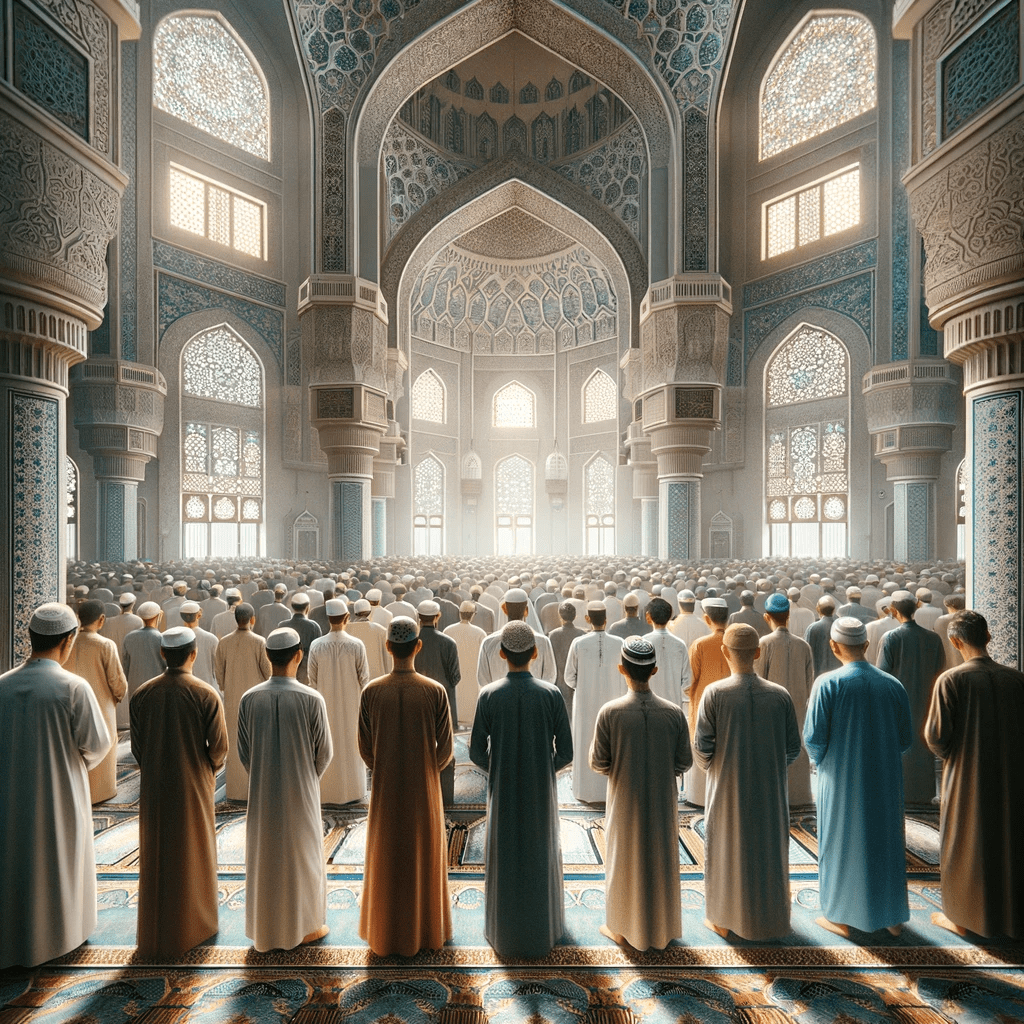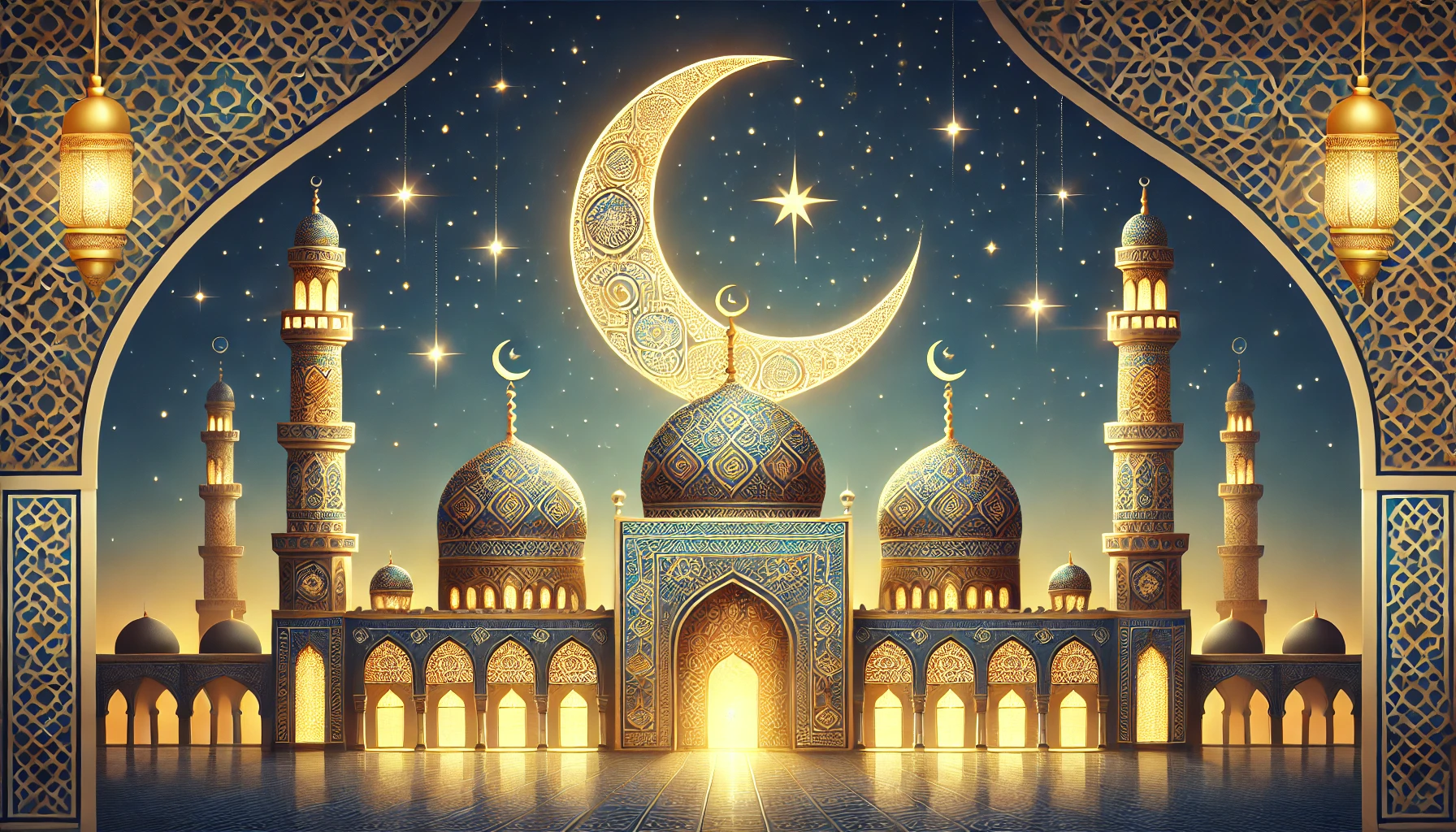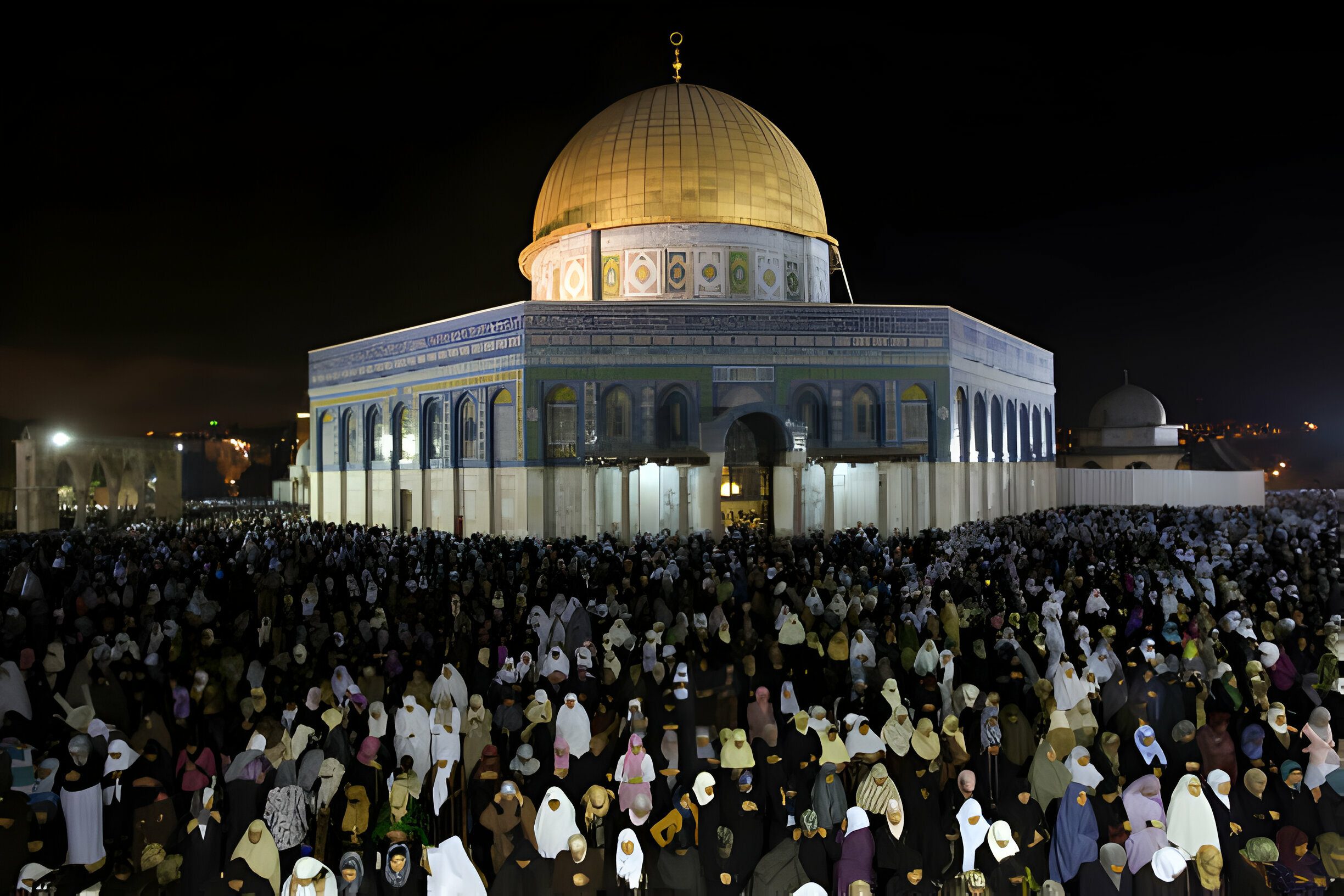Do you feel you have missed out on opportunities to do good? Have you ever felt heavy due to the burden of your sins and feel it is too late to turn to Allah? Do you feel hopeless and out of place in Ramadan due to your past lacking?
Know that it is out of the Mercy (Rahmah) of Allah that He blesses us with Ramadan. The month of the Quran is there to help elevate us and bring us out of our darknesses into light. It is the seeker of His guidance and mercy who will benefit the most from this blessed month (Mogahed, 2015). It is a month of forgiveness. Even the worst of sinner is not to lose hope in the Rahmah of Allah.
No one is perfect
The best men have erred. Adam AS made a mistake by eating from the forbidden tree in Jannah (Paradise). However, he realized his slip and immediately turned to Allah. The very first dua that was made by human beings was the dua made by Adam AS and Hawwa, for forgiveness.
The dua is mentioned in Al Araf, 7:23
They said,
“Our Lord, we have wronged ourselves, and if You do not forgive us and have mercy upon us, we will surely be among the losers.”
Allah ta’ala forgave them. In contrast, Iblis was too arrogant to accept his mistake.
Everyone sins. The best of the sinners are those who repent. Jannah and Jahannum are both made for the sinners. Jannah is for the repentant sinner.
Follow a bad deed with a good deed and it will erase it.
‘And if you have harmed people in the past that have now passed away, let your redemption be in people that Allah will continue to put in your way. How many enemies of the Prophet ﷺ repented after literally killing companions. But they took that regret and turned it into a legacy of redemption. Wahshi who killed Hamza RA with his spear, could never bring Hamza back but he used that spear against the enemy of Allah, Musaylima.’ (Suleiman, 2024)
Hasan al-Basri said,
“Improve your performance in what is left (of time) and you will be forgiven for that which has already passed. So, take special care of the time you have left because you do not know when your soul will be turned over to Allah’s Mercy.”
Ramadan is the best time to strive for good, for the reward is multiplied manifolds.
Turn to Allah in Repentance
One of the greatest gifts Allah has given us is the practice of tawbah (repentance). Tawbah literally means ‘to return’. Tawbah is a hopeful reminder that our everlasting spirits cannot be irreparably stained by our mortal actions or words. (Helwa, 2020. pg 131).
Allah says in Surah al Maida, 3:39
But whoever repents after his wrongdoing and reforms, indeed, Allah will turn to him in forgiveness. Indeed, Allah is Forgiving and Merciful.
Anas RA said: I heard the Messenger of Allah ﷺ say: Allah the Almighty said:
“O son of Adam, were your sins to reach the clouds of the sky and were you then to ask forgiveness of Me, I would forgive you. (al-Tirmdhi)
His Rahmah is Greater than our Sins
You committed a bad deed after a bad deed, then recall the story of the person who killed a hundred people, yet Allah forgave him, for he was earnest in his plea for repentance (Bukhari & Muslim).
Bishr ibn al Harith (also known as al-Hafi), a partying person who would drink alcohol, was blessed with high spiritual ranks in just a night for picking up a piece of paper from the road out of respect for the name of Allah transcribed on it. He died a Hadith scholar and a saint. (Cooperson, 1997)
Allah’s Messenger ﷺ said,
“A prostitute was forgiven by Allah, because, passing by a panting dog near a well and seeing that the dog was about to die of thirst, she took off her shoe, and tying it with her head-cover she drew out some water for it. So, Allah forgave her because of that.” (Bukhari)
This is true for a fornicator as well as someone who may have taken riba (interest), or anyone who has sinned and now repents – such a person has hope in the mercy of Allah. (Al Baqarah, 2: 275)
Our sins can be as large as the ocean or fill the surface of the earth, all that is needed is one sincere repentance.
Have hope in His Rahmah
Allah’s Rahmah is greater than our sins. Have a good opinion of Him. Allah says: “I am as my servant thinks I am” (Bukhari). Ibn Abi Duniya collected more than one hundred and fifty texts from the Quran and Sunnah in his book “Husn az-Zan Billah” (Good opinion about Allah), which give hope to the believer and encourage towards betterment through work.
Allah says in Surah Az Zumar, 39:53
Say: O my servant who has transgressed against their souls, despair not the mercy of Allah. For Allah forgives all sins. for He is Oft Forgiving, Most merciful.
Have firm belief in the vastness of Allah’s Mercy. The one who accepts Islam or the one who makes repentance with sincerity, their past sins are forgiven. Mountains of sin are nothing compared to the Most Merciful Who forgives. William James said: “God forgives our sins, but our nervous systems do not.” (Al-Qarni, 2005)
Conclusion
Your past should not define you. Allah’s mercy always outweighs our sins, but the scales of self-hatred are often heavier than our feelings of self-love. We must learn to forgive ourselves for the things we did not know before we had the opportunity to learn them. (Helwa, 2020).
Ramadan is the month of self-purification. Time to throw all the filth out of our hearts to make way for the good to reside therein.
Never think you are a lost cause. Every human being has the capability to change for the better. Sahabah transformed themselves from being the enemies of Islam to the greatest supporters of the cause. Realise your potential and put it to the best use. There is hope till the last breath we take. Keep striving.
Ibn al-Jawzi said,
“When the racehorse knows that it is nearing the end of the track it exerts all of its effort to win the race. Do not allow the racehorse to be cleverer than you. For verily, deeds are judged by their conclusions. So, if you didn’t do well with welcoming Ramadan then perhaps you will do better bidding it farewell.”
References
Al-Qarni, Aaidh. (2005). Don’t Be Sad. International Islamic Publishing House (IIPH).
Cooperson, M. (1997). Ibn Ḥanbal and Bishr al-Ḥāfī: A Case Study in Biographical Traditions. Studia Islamica.
Helwa, A. (2020). Secrets of Divine Love – A Spiritual Journey into the Heart of Islam. ILQA Publications.
Mogahed, Y. (2015). Reclaim your Heart – Personal Insights on breaking free from life’s shackles. FB Publishing.
Suleiman, O. (2024). I Didn’t Mean to Hurt You – Why Me? EP.17. YouTube. https://youtu.be/k_FQmubE7ec






